News
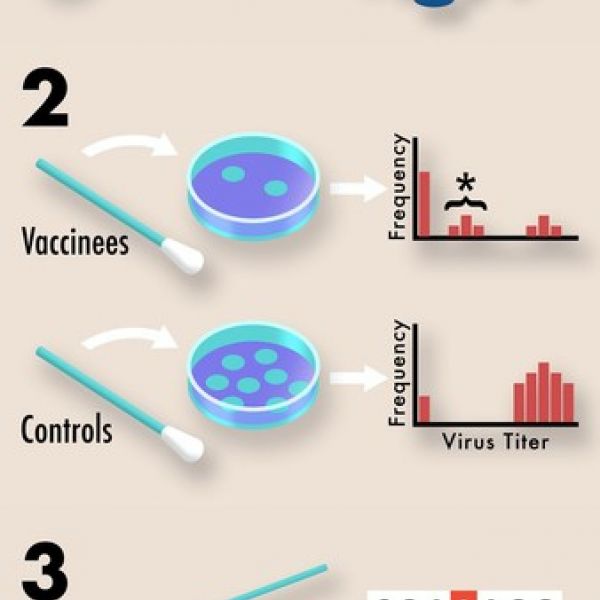
Nov 10, 2020
Could SARS-CoV-2 evolve resistance to COVID-19 vaccines?
Similar to bacteria evolving resistance to antibiotics, viruses can evolve resistance to vaccines, and the evolution of SARS-CoV-2 could undermine the effectiveness of vaccines that are currently under development, according to a paper published Nov. 9 in the open-access journal PLOS Biology by David Kennedy and Andrew Read from Penn State.
Full Article
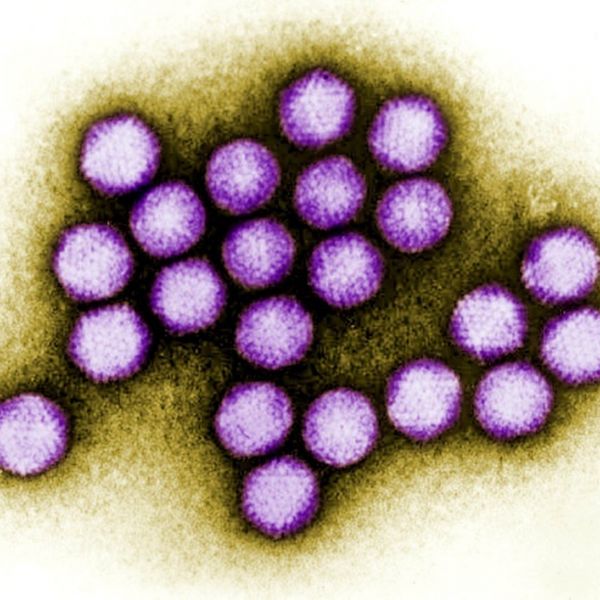
Oct 07, 2020
Penn State researcher part of project to develop novel COVID-19 vaccine
A researcher in Penn State's College of Agricultural Sciences is part of a team of scientists working to develop a unique COVID-19 vaccine that uses a bovine adenovirus as a safe and effective delivery vehicle.
Full Article
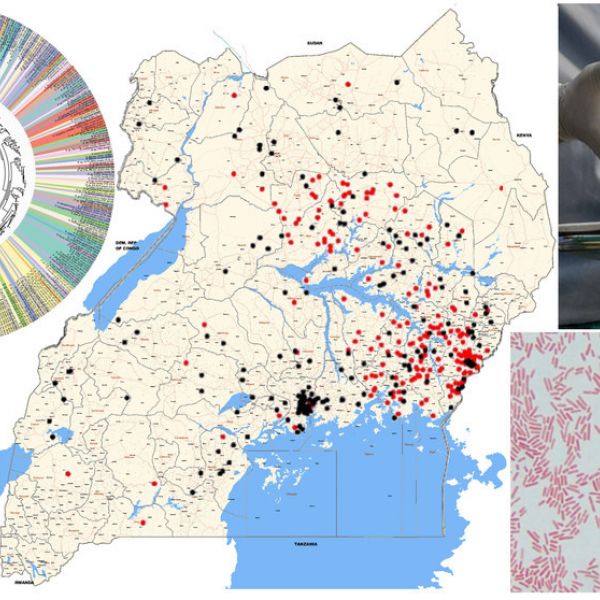
Oct 05, 2020
Bacteria virus combo may be cause of neonatal brain infections in Uganda
A newly identified bacteria and a common virus may be the underlying cause of infection-induced hydrocephalus in Uganda, according to an international team of researchers.
Full Article

Sep 21, 2020
Wastewater sampling may give advanced warning of potential COVID-19 outbreaks
Wastewater sampling for coronavirus on campus and in the surrounding community could alert University decision makers to a potential outbreak several days before individuals exhibit symptoms of an infection. The initiative — part of Penn State’s multilayered approach to test, monitor and mitigate for COVID-19 — could enable leaders to take swift actions to minimize the virus’s spread with the goal of helping to protect the health and safety of the community.
Full Article
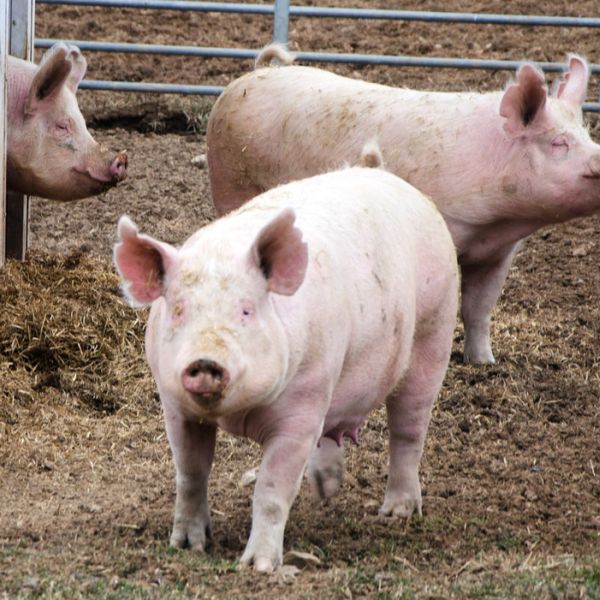
Sep 14, 2020
Penn State researchers to study novel coronavirus potential to infect livestock
A grant from the U.S. Department of Agriculture will enable Penn State researchers to study the potential for SARS-CoV-2, the novel coronavirus that causes COVID-19, to infect and spread among livestock.
Full Article
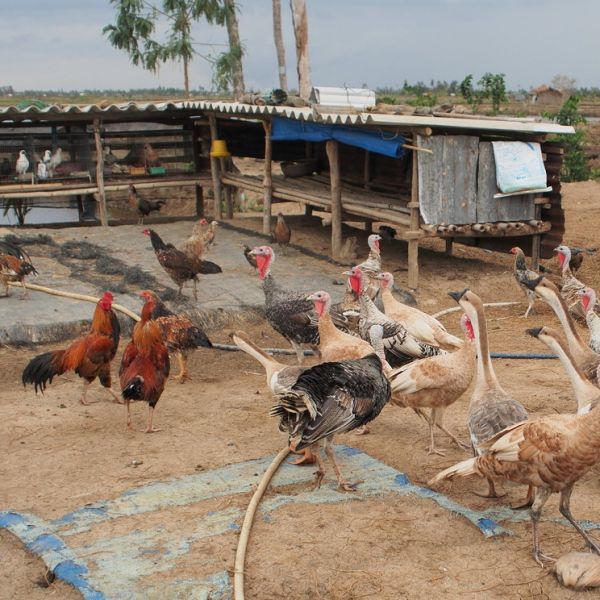
Aug 31, 2020
Vietnam farmers' poultry sales during outbreaks may increase virus transmission
Small-scale poultry farmers in Vietnam tend to respond to viral outbreaks of highly pathogenic avian influenza (HPAI) by rapidly selling their birds as a way to avoid financial loss, according to a new study by an international team of researchers. As these birds are commingled with other birds in markets and trading networks, this practice may increase the likelihood of widespread disease transmission.
Full Article
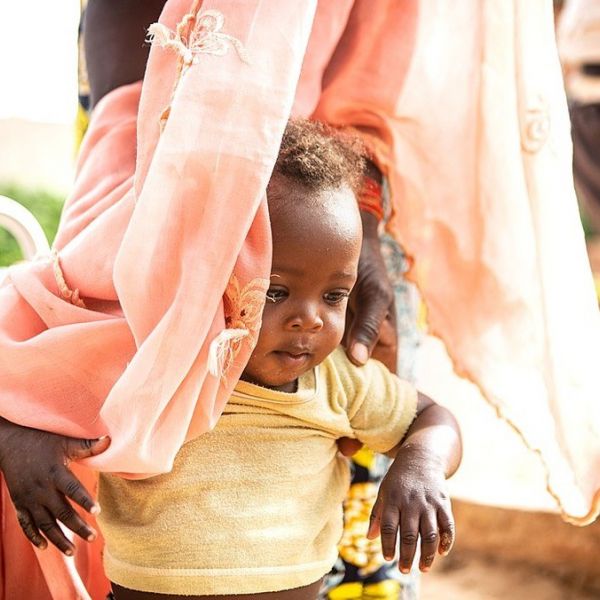
Aug 26, 2020
Measles outbreaks in Niger linked to rainfall and temperature, study finds
Rainfall and temperature drive agricultural activity, which, in turn, influences patterns of measles outbreaks in the West African nation of Niger, according to an international team of researchers. The findings may be useful for improving vaccine coverage for seasonally mobile populations within Niger and other countries.
Full Article

Aug 26, 2020
Faculty funded to study how people's movement impacts COVID-19 transmission
Nita Bharti, Lloyd Huck Early Career Professor and assistant professor of biology at Penn State, and her collaborator Anthony Robinson, associate professor of geography at Penn State, have been awarded seed funding from the Huck Institutes of the Life Sciences at Penn State to study how monitoring the movement of people can potentially be used as a predictor or early indicator of COVID-19 transmission and guide health policy decisions.
Full Article
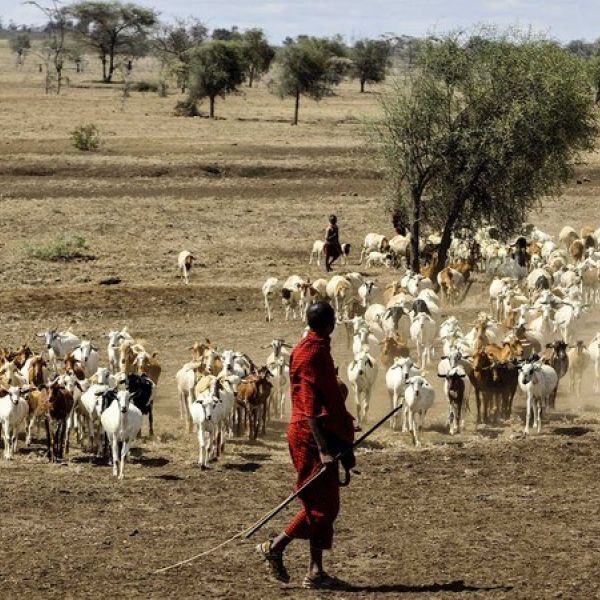
Aug 25, 2020
Reducing transmission risk of livestock disease
The risk of transmitting the livestock virus PPRV, which threatens 80% of the world’s sheep and goats, increases with certain husbandry practices but not herd size. A new study, led by researchers at Penn State, investigated how transmission of PPRV might change at different scales and identified specific husbandry practices associated with increased odds of infection — including the introduction of sheep and goats to the herd, sheep or goat attendance at seasonal grazing camps, and the sales or gifting of goats from the herd.
Full Article
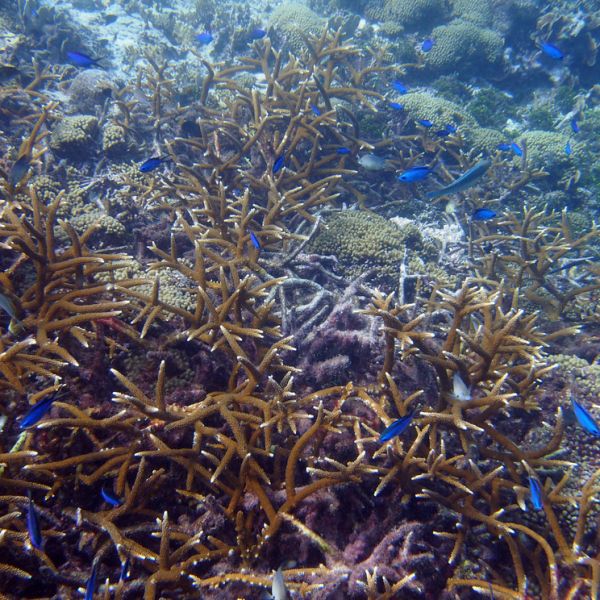
Sep 01, 2020
New tool for identifying endangered corals could aid conservation efforts
Coral conservation efforts could get a boost from a newly developed genotyping “chip” — the first of its kind for corals. The chip allows researchers to genetically identify corals and the symbiotic algae that live within the coral’s cells, a vital step for establishing and maintaining genetic diversity in reef restoration efforts.
Full Article